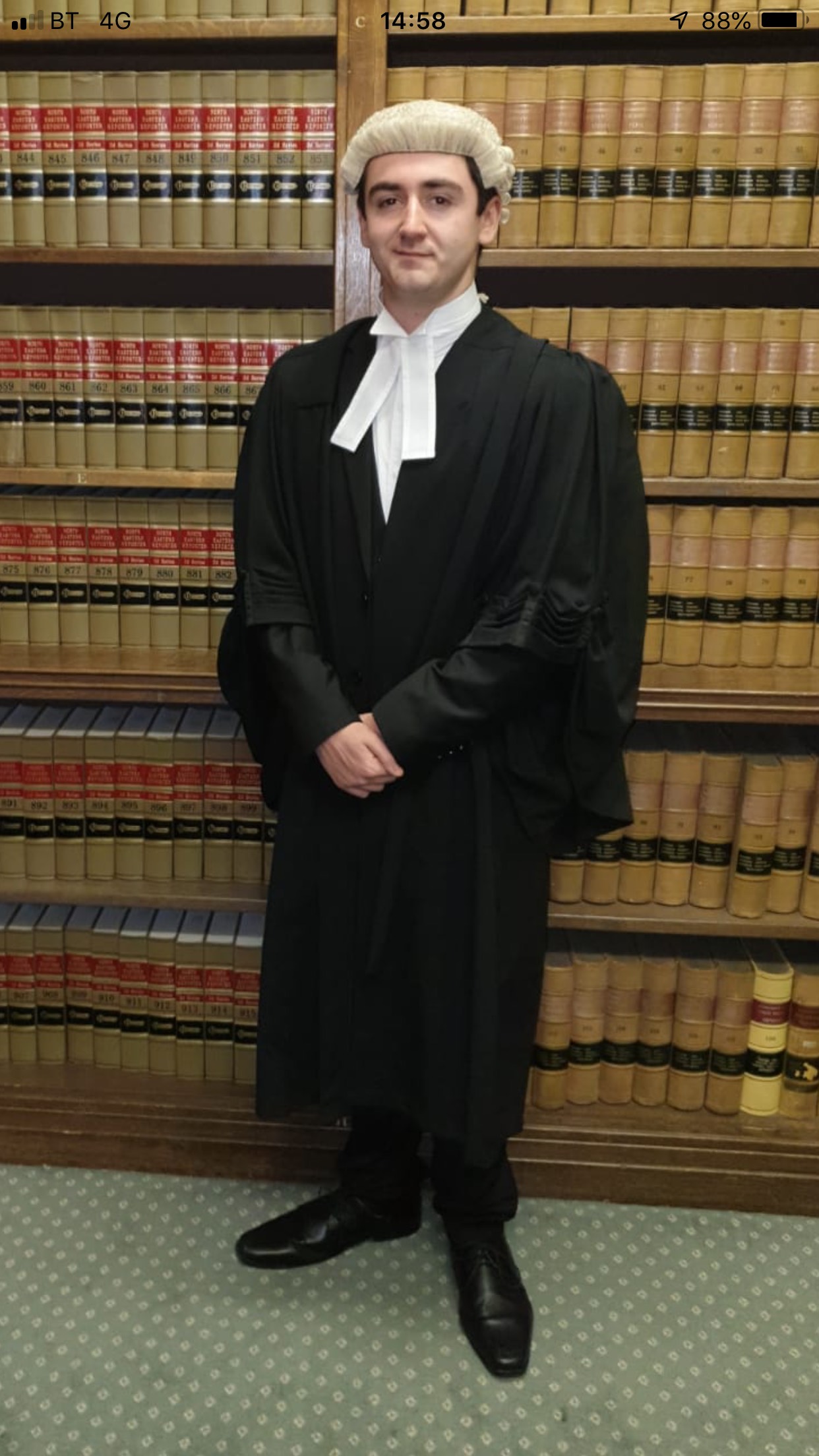Supporting victims of domestic abuse this Christmas – Adam Greenslade, Lecturer in Policing

Adam Greenslade – Lecturer in Policing
Tragically, over the course of 20 years operational policing experience I have learned that whilst the festive season is a time of good cheer, celebration and family unity for many, behind even the most brightly decorated front doors you can find the darker side of Christmas – Domestic Abuse.
Christmas is a season that brings with it increases in alcohol consumption and added financial strain, it can heighten existing family tensions or feelings of isolation for the elderly or perhaps those coping with a young family alone.
Sadly, all too often, these pressures can escalate, and we see a rise in domestic incidents over the holiday season.
There is no stereotypical victim of domestic abuse, it can affect anyone, regardless of wealth, gender, age, sexuality or ethnicity. It can occur between partners, it can occur between siblings, it can occur between parents and children or other family members, regardless of age. It takes many forms, emotional abuse, controlling behaviour, verbal insults, threats even outright physical violence or sexual assault.
Domestic abuse is a crime. Whatever guise it takes, it’s unacceptable at any time of the year but it’s important to recognise the festive season as well as bringing that rise in frequency, can also intensify the impact of these offences – not only for the victim concerned but also on others in that environment who perhaps witness or are in proximity to that behaviour.
I’m proud to be able to share my extensive professional experience of tackling domestic abuse as we train the police constables of the future here at Staffordshire University so that they can work to protect us, our community and those who need it most.
Whilst this training is important, sometimes the police need their communities, us, to alert them to abusive situations. We all have a role to play in stopping domestic abuse.
The holiday season is a time for celebration, but I feel it’s important to reflect for a moment and remind people who are either themselves the victim of domestic abuse or have a friend, neighbour, relative or loved one who may be affected that they do not have to suffer alone or stand by and watch others suffer in silence.
You can find an extensive list of national support services online at citizensadvice.org.uk. You can contact your local police in a non-emergency by calling 101, online via their website, or by visiting a police station in person.
But remember, if you are in danger, need help in an emergency, or you witness an incident that’s ongoing, call the police on 999.
Nobody deserves to be a victim. Let’s stop abuse in our community, together, and make 2020 the start of a better future.










 During the university’s Welcome Week, Level 4 Offender Management students had the opportunity to visit HMP Drake Hall – a closed Women’s resettlement prison with an operational capacity of approximately 340 adults and young offenders. HMP Drake Hall also holds 25 prisoners in an open unit situated outside of the prison gate, which allows the women to access the local community and facilities such as the gym, work opportunities, and the local town centres, prior to their release.
During the university’s Welcome Week, Level 4 Offender Management students had the opportunity to visit HMP Drake Hall – a closed Women’s resettlement prison with an operational capacity of approximately 340 adults and young offenders. HMP Drake Hall also holds 25 prisoners in an open unit situated outside of the prison gate, which allows the women to access the local community and facilities such as the gym, work opportunities, and the local town centres, prior to their release.